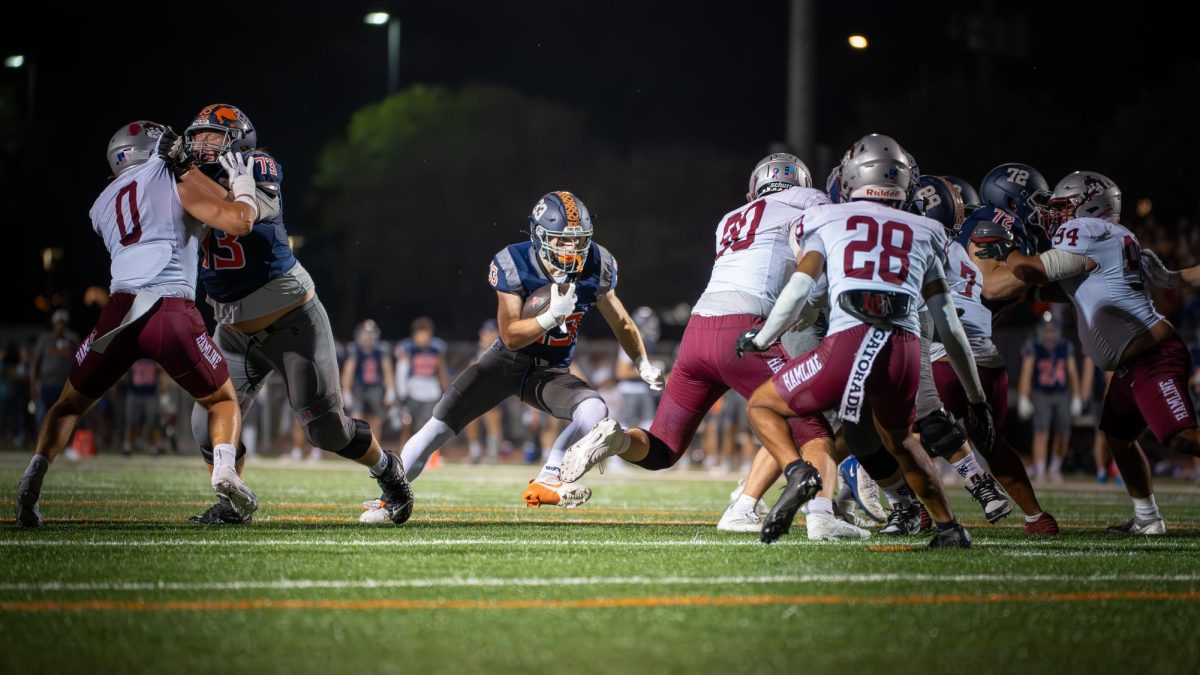It is easy to get caught up in the pomp and circumstance of the Super Bowl, especially when you are in the host city. Radio ads have been highlighting events around the city, there is a constant stream of information about hosting watch-parties and places to go to participate in the festivities during the game, and every other imaginable way to connect yourself to football’s biggest weekend. There are endless events happening all over the Twin Cities this week, from sleigh rides to concerts to bar crawls.
Without really digging into it, you wouldn’t know that the Super Bowl was anything more than a positive economic and social event for the city where it was held. But what happens when you do dig into it?
To start, there’s evidence to suggest that the boost that people assume a host city of a big sporting event receives isn’t actually all that big. In some cases, it’s even proved to be negative. This may especially turn out to be the case with this year’s Super Bowl, considering it took the completion of US Bank Stadium—which had a hefty $975 million dollar price tag, nearly half of which was picked up by Minneapolis city funds and taxpayer dollars—to get the bid to host.
It has been estimated that this Super Bowl will contribute about $343 million to the Twin Cities metro economy. However, sports economists have estimated that the actual economic impact is more likely between $30 and $130 million dollars.
Even these numbers could prove to be overestimates. Many former host cities have reported losses after hosting the Super Bowl. When Santa Clara hosted the game in 2016, nearby San Francisco reported unanticipated costs that rang up to about five million dollars. When New Jersey hosted in 2014, the transit system alone reported a $5.6 million loss. We won’t know until after the Super Bowl this weekend how the Twin Cities metro area will be affected by these economic impacts, but it’s more than likely that it won’t come close to covering the amount that the city has put into hosting.
There are also some more sinister consequences of hosting the big game. Due to the “security perimeter” that is set up for the Super Bowl, many homeless people will be displaced. This is manifesting in a few ways. One, people are being moved outside the perimeter, including closing down shelters for the nights surrounding gameday. Also, during the winter months the county usually provides hotel vouchers for families who can’t find shelter. However, the lack of rooms available around Super Bowl Sunday has meant that many families have had to find other accommodations.
This is a common occurrence in Super Bowl host cities. The displacement of homeless people has been an issue at the forefront of the minds of Host Committees since the 2016 game, though it was a problem well before this.
Generally there is some community-based fundraising that happens in a Super Bowl host city, but just as benefits don’t offset costs in the economy, they also don’t offset the toll that an event like the Super Bowl can take on the most vulnerable populations of a city.







Vanessa Stewart • Sep 11, 2019 at 6:34 pm
Wow, wonderful weblog format! How lengthy have you been blogging for? you made running a blog glance easy. The total glance of your web site is excellent, as neatly as the content material!
Lucas Gill • Sep 10, 2019 at 12:35 pm
Outstanding post, you have pointed out some great details , I as well think this s a very excellent website.
Oliver Underwood • Sep 5, 2019 at 6:39 pm
I am not very excellent with English but I line up this very easy to interpret.